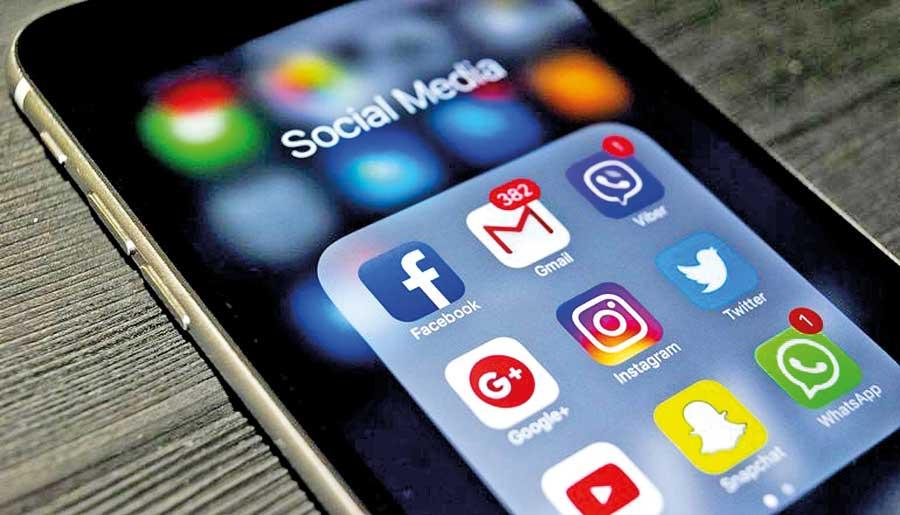Reply To:
Name - Reply Comment

When COVID-19 began spreading among the apparel sector workers working in the Export Processing Zone factories the authorities began approaching the spread in typical highhanded fashion
What social media has done, and will do, is to force the hand of those with power. They no longer hold the highest pulpit with the loudest mike
Shame is digital, and it’s public. Shame of faked academic qualifications, follow amilagate. 
Shame of digital philanthropy gone pear-shaped at best, theft at worst, follow ishinigate.
Just two examples of how social media has been the main vector in unveiling or at least hinting at deception of public personalities.
A decade ago, controlling the public message was easy, especially so in a place like Sri Lanka. The media is either owned by the government or partial to an agenda. Probably all is the same still.
But, a big but, now we have social media.
Ex-minister Rishard Bathiudeen appears on stage with Minister Chamal Rajapaksa and answers coyly to queries on whether his party would support the planned 20th Amendment. All well and done if not for social media.
It erupts, memes fly across lampooning everyone.
One thing about memes is that no one is sacrosanct. The sardonic humour cuts all consecrated cows to size. It is all telling and impactful. With close to 10m Sri Lankan accounts on social media sites, ignore it at them at your own peril, especially so if you are featured in them.
When COVID-19 began spreading among the apparel sector workers working in the Export Processing Zone factories the authorities began approaching the spread in typical highhanded fashion.
The workers and those who worked for their welfare found their voices being drowned out initially. Then they reached to the best source of help and one that they were in control.
Social media posts began to appear detailing allegations, innuendo and what was being kept out of public domain. As we have seen in many occasions in the recent past, these posts forced the hand of authorities private and public alike, making them release details they otherwise would not have.
When EPZ workers were asked to gather in school grounds last week to be tested, it was social media posts that gave an intimate look into what was going on. They posted videos on FB of the hundreds that had gathered, waiting for the PCR tests. The footage also showed how chaotic the situation was with health officials who turned up at the time when government offices opened, after 9.00 am to make announcements using loud hailers. They told those who had waited over three hours that only employees of certain factories where infections had been recorded would be tested. Others were asked to go to their lodgings.
But those who went to their lodgings soon found out that they were being cajoled and forced to travel to far out quarantine centres.
Not as public as the testing chaos, but details of what was transpiring at these quarantine centres was also coming out on FB.
Now some of these details could be exaggerations and hyperbole. But given the nakedly partisan and clickbait infested reporting of Sri Lanka media, there is no guarantee that they would have played these stories any different, more so given the massive clout advertisers hold.
What social media has done, and will do, is to force the hand of those with power. They no longer hold the highest pulpit with the loudest mike. Others can spread truths and untruths. Others can manipulate and shape-shift the narrative. Others can undermine and disrupt the story just as good.
That can be a frightening prospect for those adept at manipulating social discourse by controlling media outlets.
Social media needs to be evaluated on what it brings into the equation. It is a disruptor and can be manipulated.
We need better transparency from companies like FB. But the lack of same does not mean that we should revert to the days of mass censorship and media control.
We need better informed social discourse on the impact of social media, not catcalling for and against it.
The writer is a Post-grad Researcher at CQUniversity, Melbourne focusing on online journalism and trauma
Twitter - @amanthap